End of Content.
End of Content.
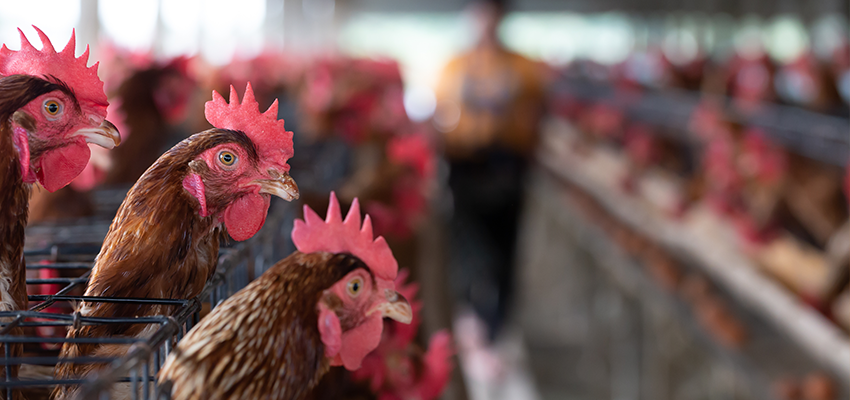
From the milk in your fridge to the meat on your plate, animal feed is the invisible engine powering South Africa’s food system. Behind every healthy animal stands a scientifically crafted feed formula – developed by professionals, refined through research, and delivered with precision. AFMA represents the heart of this industry, setting standards, supporting innovation, and ensuring that every gram of feed meets South Africa’s highest expectations for safety, sustainability, and quality.
The animal feed industry plays a pivotal role in South Africa’s agricultural economy. It supports thousands of jobs across manufacturing, logistics, and technical services, and underpins the performance of the country’s meat, dairy, poultry, egg and aquaculture sectors. With between 12-13 million tons of feed produced annually, feed manufacturers form the critical link between crop production and animal protein supply.
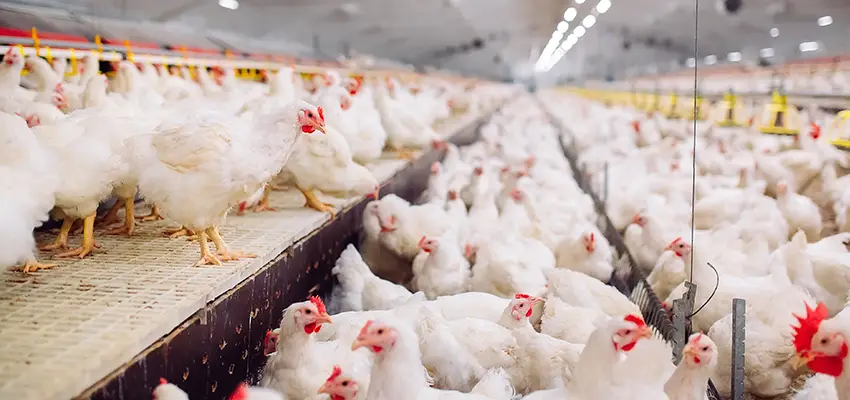
Every meal matters – not just for us as humans, but for the livestock that sustain South Africa’s food supply. Animal nutrition is the backbone of the country’s livestock industry, ensuring that cattle, poultry, swine, and dairy animals receive the precise nutrients they need for optimal health, productivity, and welfare.
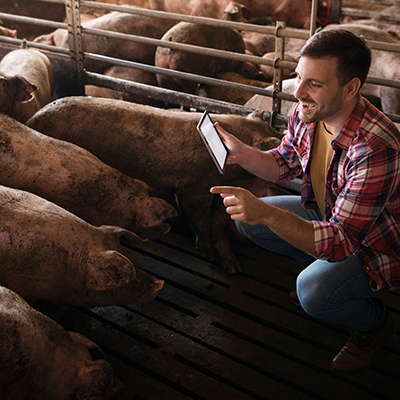
Animal nutrition has evolved into a precise, evidence-driven discipline. It’s not just about grain, it’s about:
South Africa’s feed sector is subject to strict regulatory control, arguably even more regulated than human food in some areas, due to the knock-on effects on the food chain. High-quality feed is not only critical for animal health – it is fundamental to food safety and public trust.
The industry is governed and guided by:
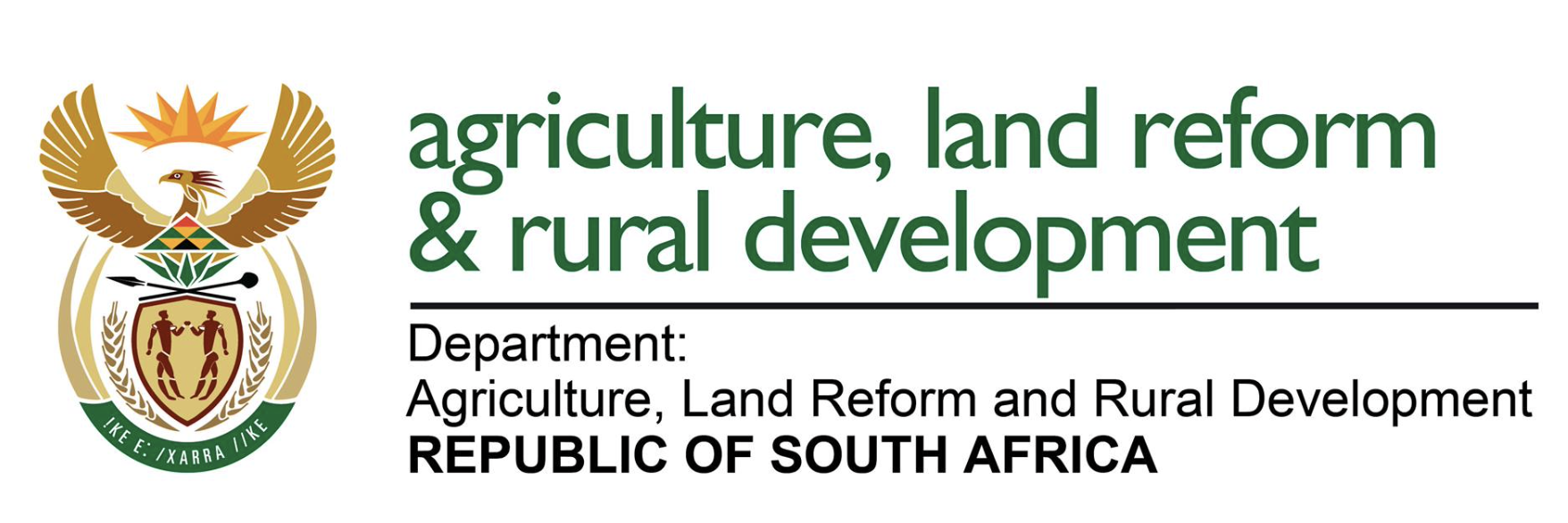
Department of Agriculture: Regulates animal feed under Act 36/1947, which governs the registration, composition, labelling, and sale of fertilisers, farm feeds, agricultural remedies and stock remedies.
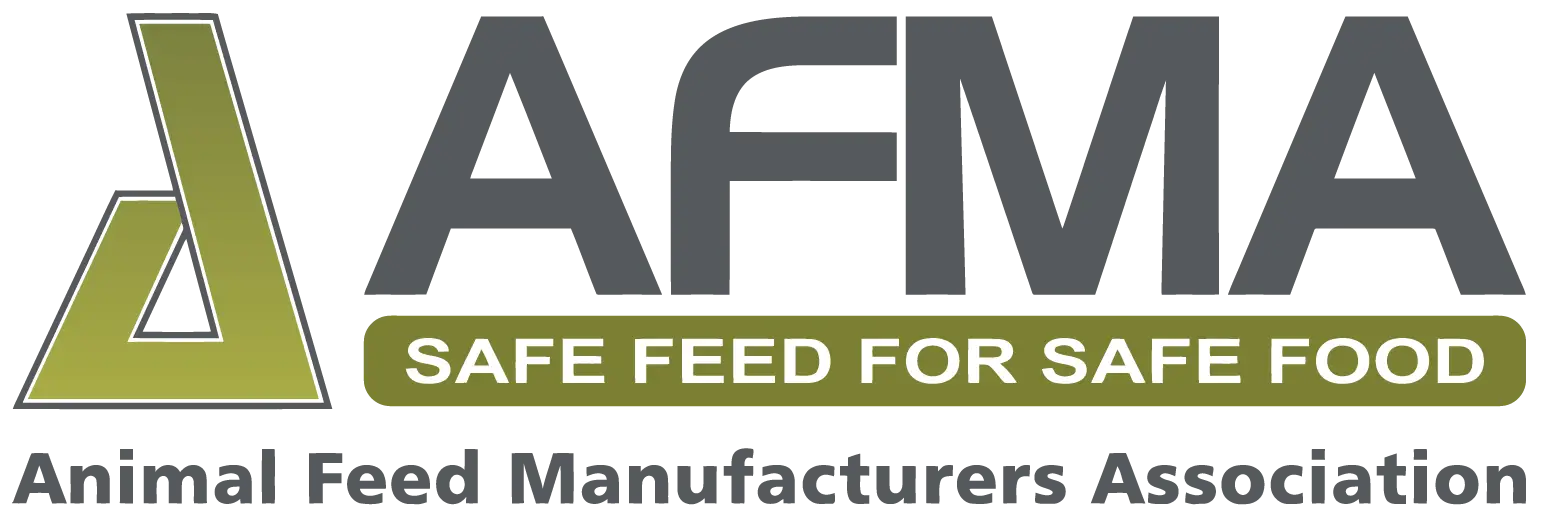
AFMA: Promotes industry-wide standards for feed safety and compliance among its members through a self-regulatory framework, guided by a Code of Conduct that ensures accountability, integrity, and continuous improvement across the sector.
Together, these institutions safeguard the integrity of the feed-to-food chain, ensuring that only safe, traceable, and scientifically proven feed products reach the market. Animal feed manufacturers must register all products under Act 36, making it one of the most transparent sectors in South Africa.
Animal nutrition is more than formulas and calculations – it’s powered by people:
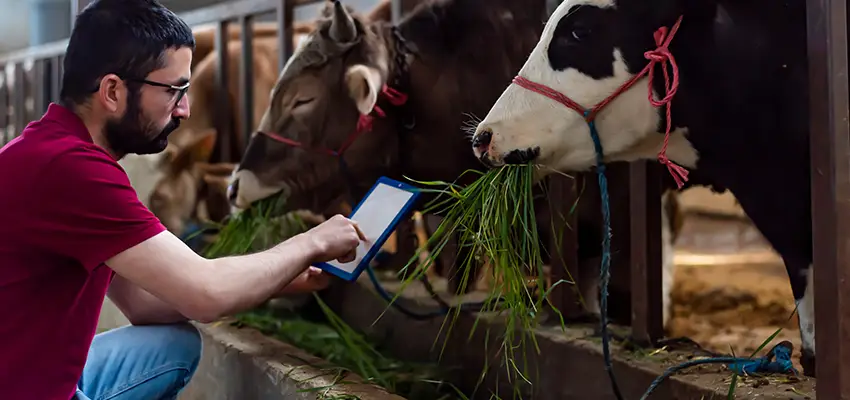
These professionals drive South Africa’s globally competitive feed industry, enabling livestock producers to do more with less – sustainably and profitably.
If you are registered on our database to submit your feed, salmonella and mycotoxin statistical information, you can login here.
If you are not able to access the Statistics System dashboard, please make contact with our admin team to verify your membership and access credentials.